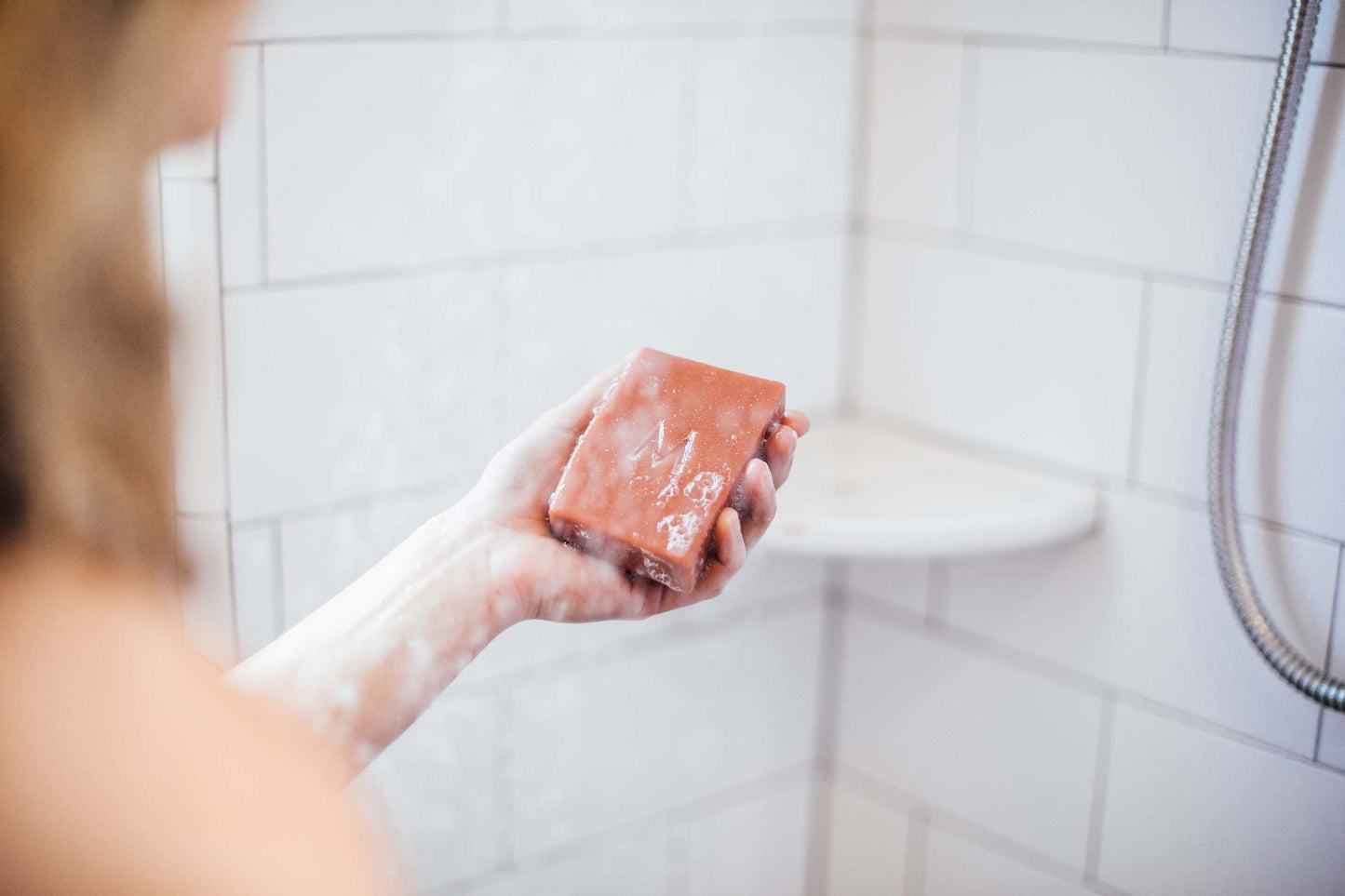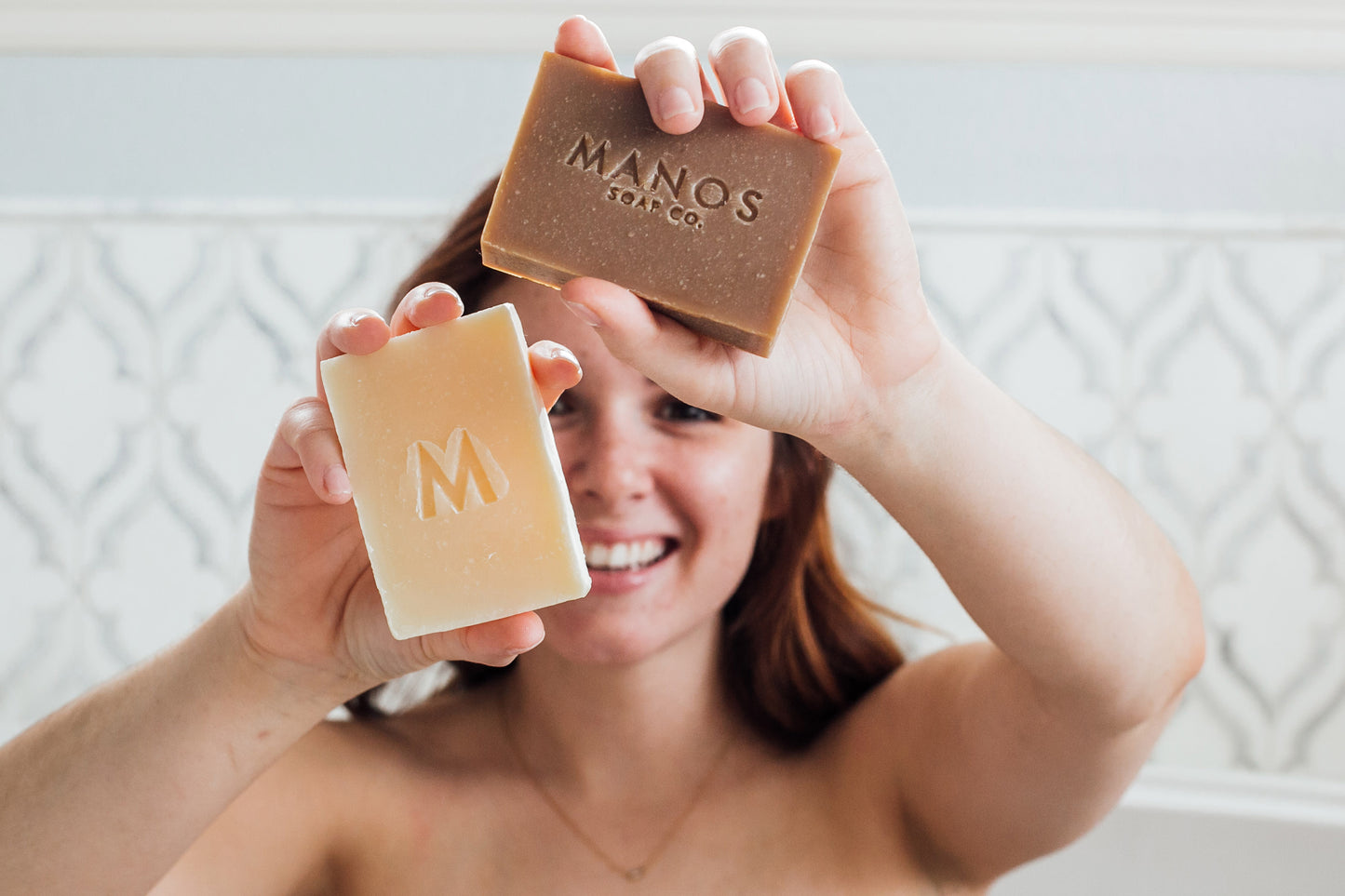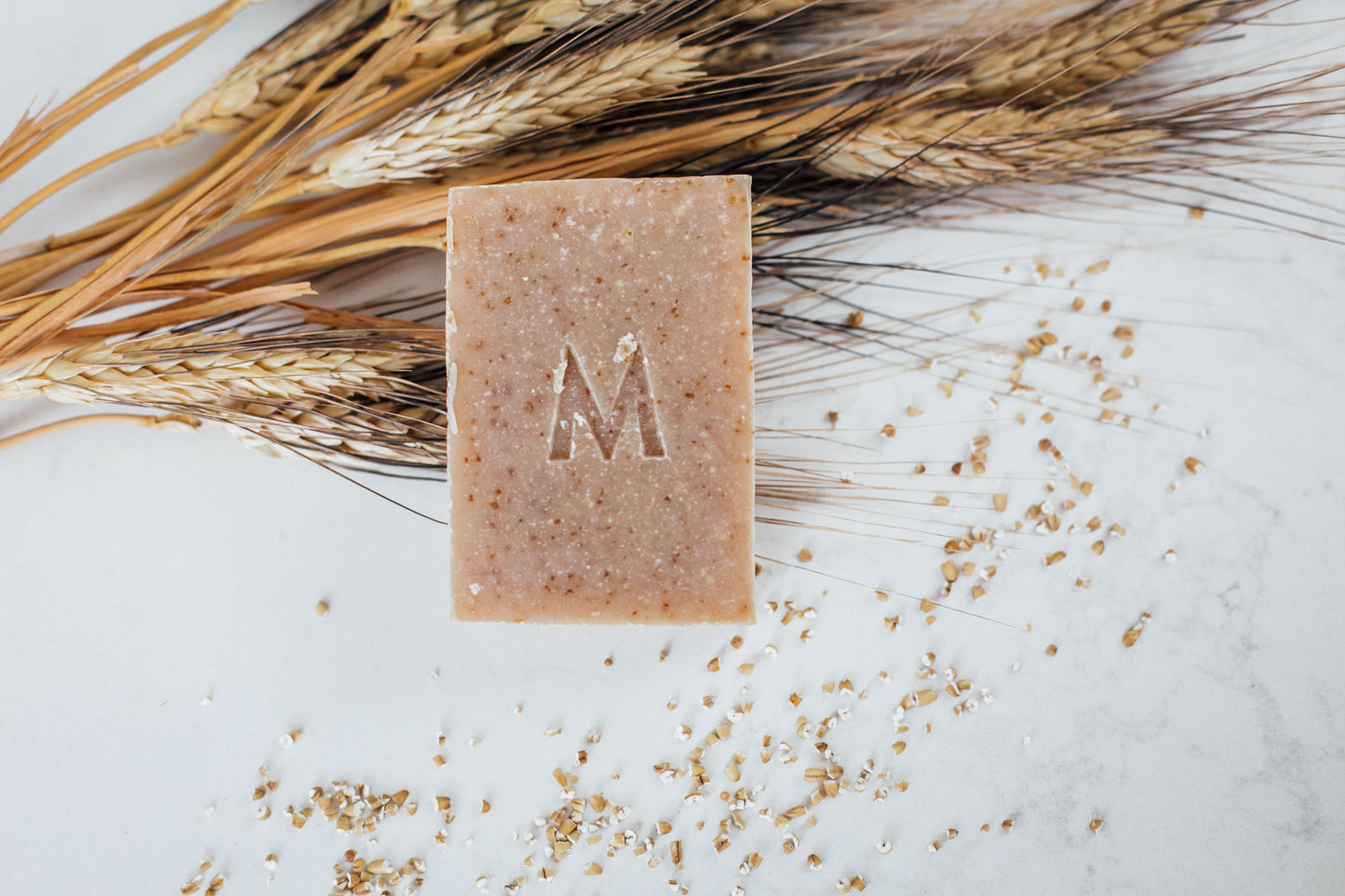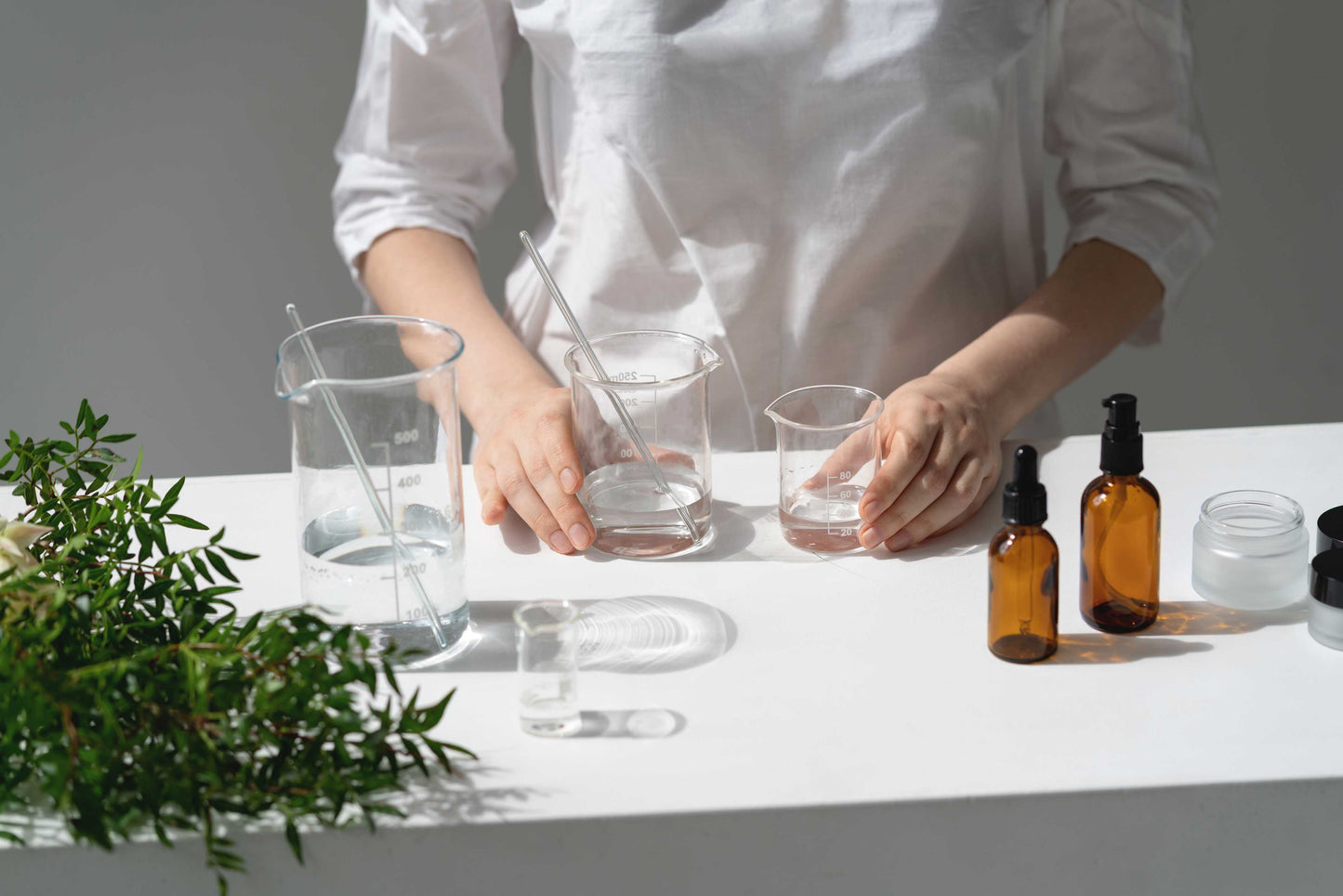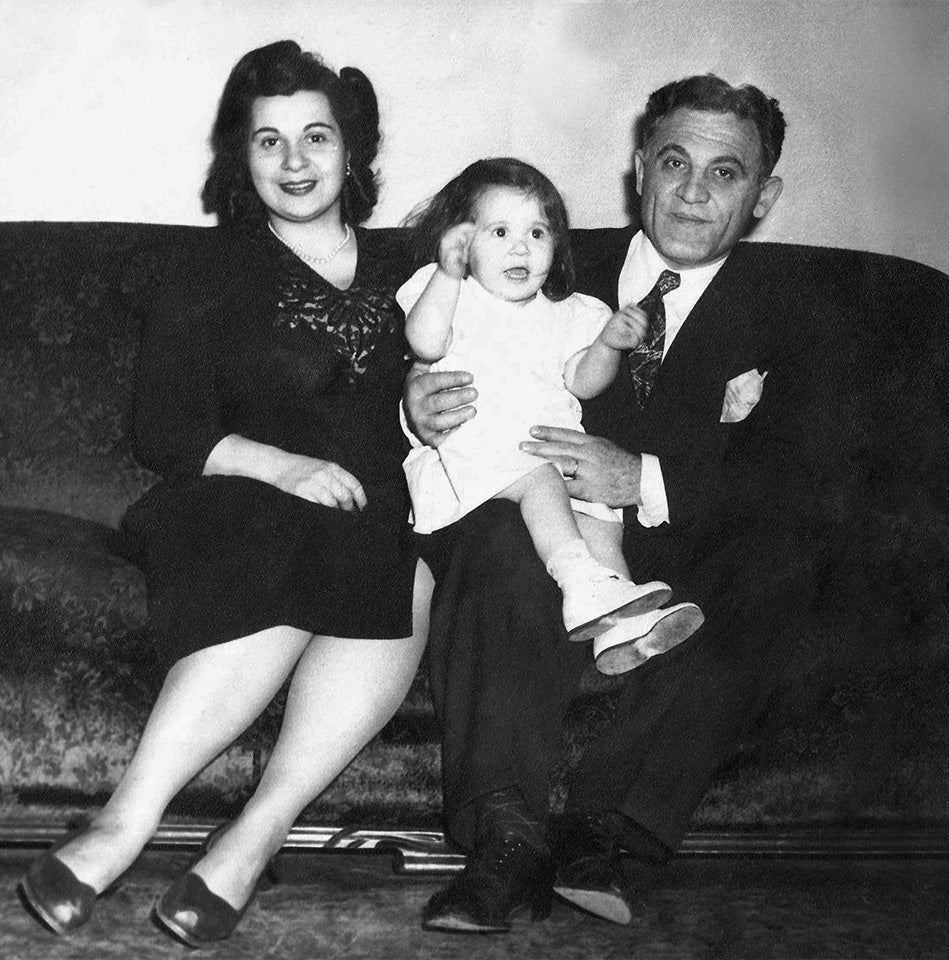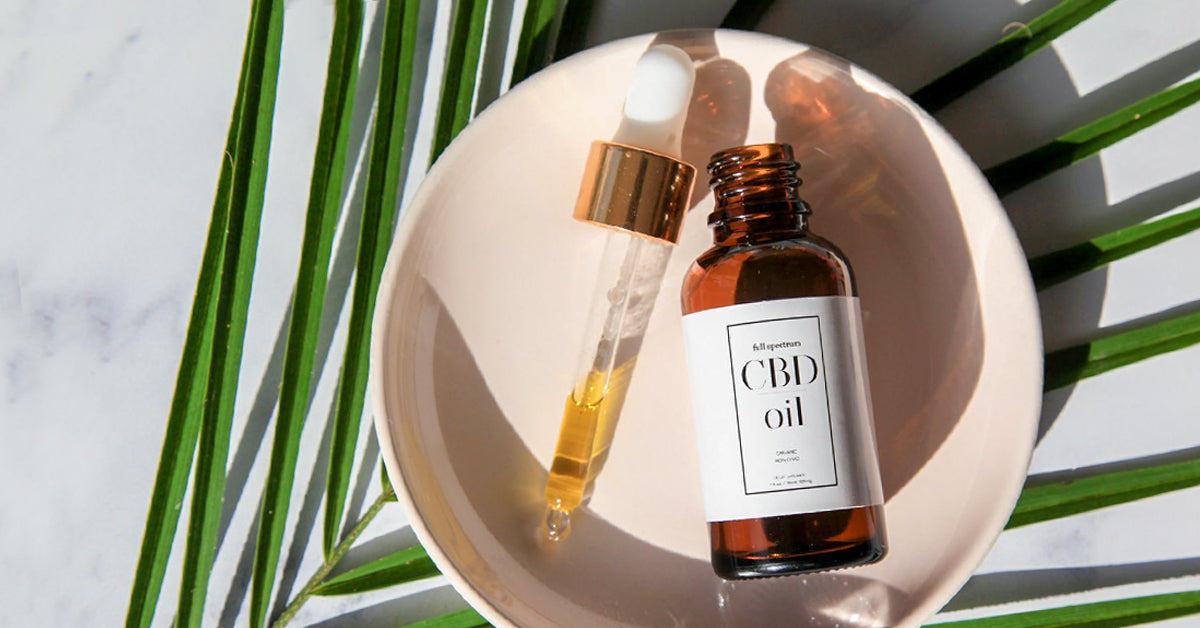
The cannabis industry is turning into a luxury wellness and beauty ingredient especially for the cosmetic world relating to handmade soap. The cannabis laws and the enthusiasm around emerging science has legitimized the medicinal claims surrounding CBD, but it’s the benefits of cannabis that has made everyone want to be seen with it.
What is CBD Oil?
CBD, short for cannabidiol, is one of over 80 compounds called cannabinoids extracted from the cannabis sativa plant. From the plant its split into two - the hemp plant based CBD and the marijuana plant based CBD along with THC. CBD didn’t create much interest until when scientists started studying the health benefits of low-THC strains.How does CBD Oil work?
CBD naturally elevates the levels of your own endocannabinoid. Increasing anandamide in your body and brain has anti-inflammatory effects, but it also has other activities at other receptors. CBD’s most enticing attributes are its anti-inflammatory and analgesic (pain-killing) properties. Scientists are finding more evidence that it can treat dry skin, swelling, acne, psoriasis, and eczema. If you lather it on the skin, it acts only on the area where it’s applied. It’s unlikely to penetrate deep enough to get into the bloodstream, and it tends to accumulate in the upper skin layers. It’s thought that the stored CBD can provide longer-term relief.What’s the difference between CBD Oil Isolate or CBD Oil Full-Spectrum ?
CBD isolate is exactly what it sounds like — CBD with nothing else. Some users prefer it, feeling secure knowing that it won’t be affected by any other cannabis compounds. CBD full-spectrum is a whole plant hemp extract with a full cannabinoid profile — not only CBD, but CBN, and many of the other compounds working together.Is CBD Oil legal?
Yes, if it’s extracted from industrial hemp and labeled correctly and not from the marijuana of the cannabis plant. The 2018 Farm Bill regulations on CBD by allowing the cultivation of industrial hemp (i.e. cannabis with less than 0.3 percent THC content) and dropping hemp-derived products from the list of Schedule 1 Drugs. Under the FD&C Act, cosmetic products and ingredients don’t need premarket approval by the FDA, but food and drugs do.The last few years the FDA sent out a bunch of warning letters to companies selling products claiming CBD cures one thing or another, and those companies updated their cannabis FAQs online.
What's the FDA take on CBD Oil?
Currently, CBD brands who want to be compliant for dietary supplement or food ingredients are struggling with how to market it lawfully. There’s no concrete answer from the FDA yet, besides not adding the cannabinoid to food or making unsubstantiated claims. Luckily, that gives Cannabidiol CBD oil soap and skincare products a lot of leeway for now.Lastly, according to the law cannabinoids that derived from industrial hemp so long as below the 0.3 percent THC threshold are in fact lawful pursuant to the farm bill under federal law. Until the FDA sorts out clearer guidelines, it’s going to be very hard to put the CBD genie back in the bottle.

